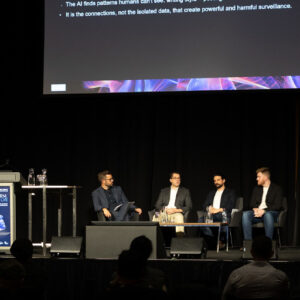
As Valentine’s Day approaches, millions of Australians will be encouraged to swipe, match and message online in the search for romance. Dating apps and social platforms typically see a surge in activity during this period, driven by the promise of companionship, intimacy and connection. But alongside genuine relationships, this heightened activity also creates fertile ground for romance scams, where emotional vulnerability is deliberately exploited using increasingly sophisticated digital techniques.
Romance scams in Australia increasingly combine emotional manipulation, investment fraud and emerging technologies. Understanding how these scams unfold helps explain why warning signs are often ...










